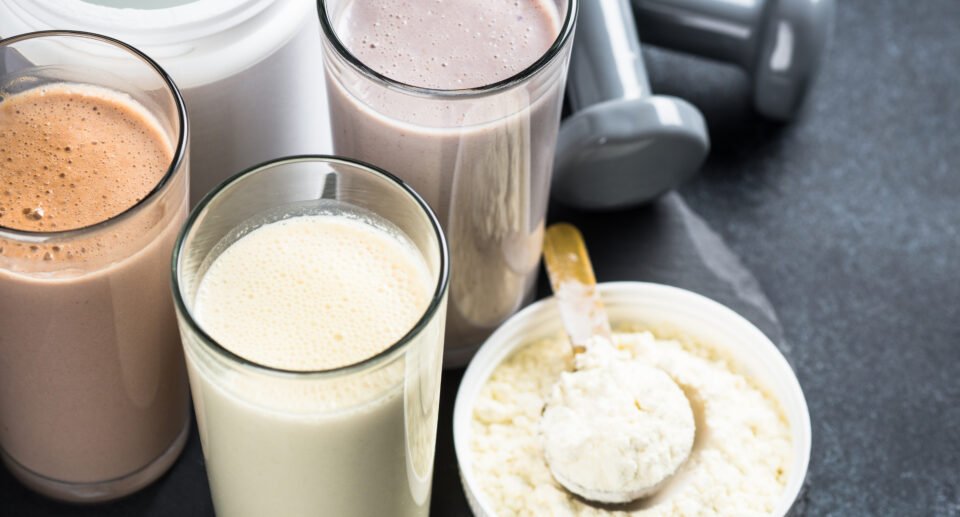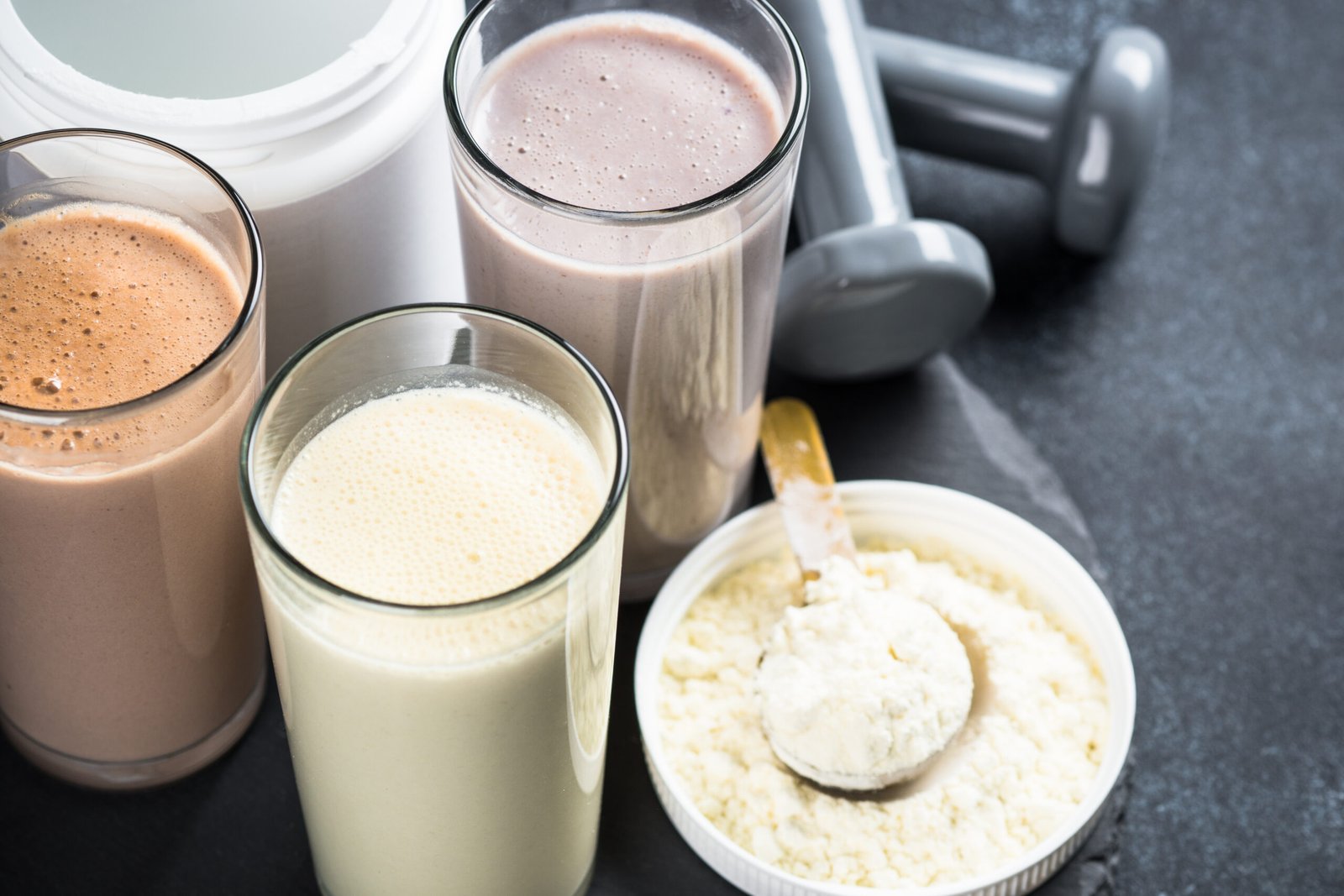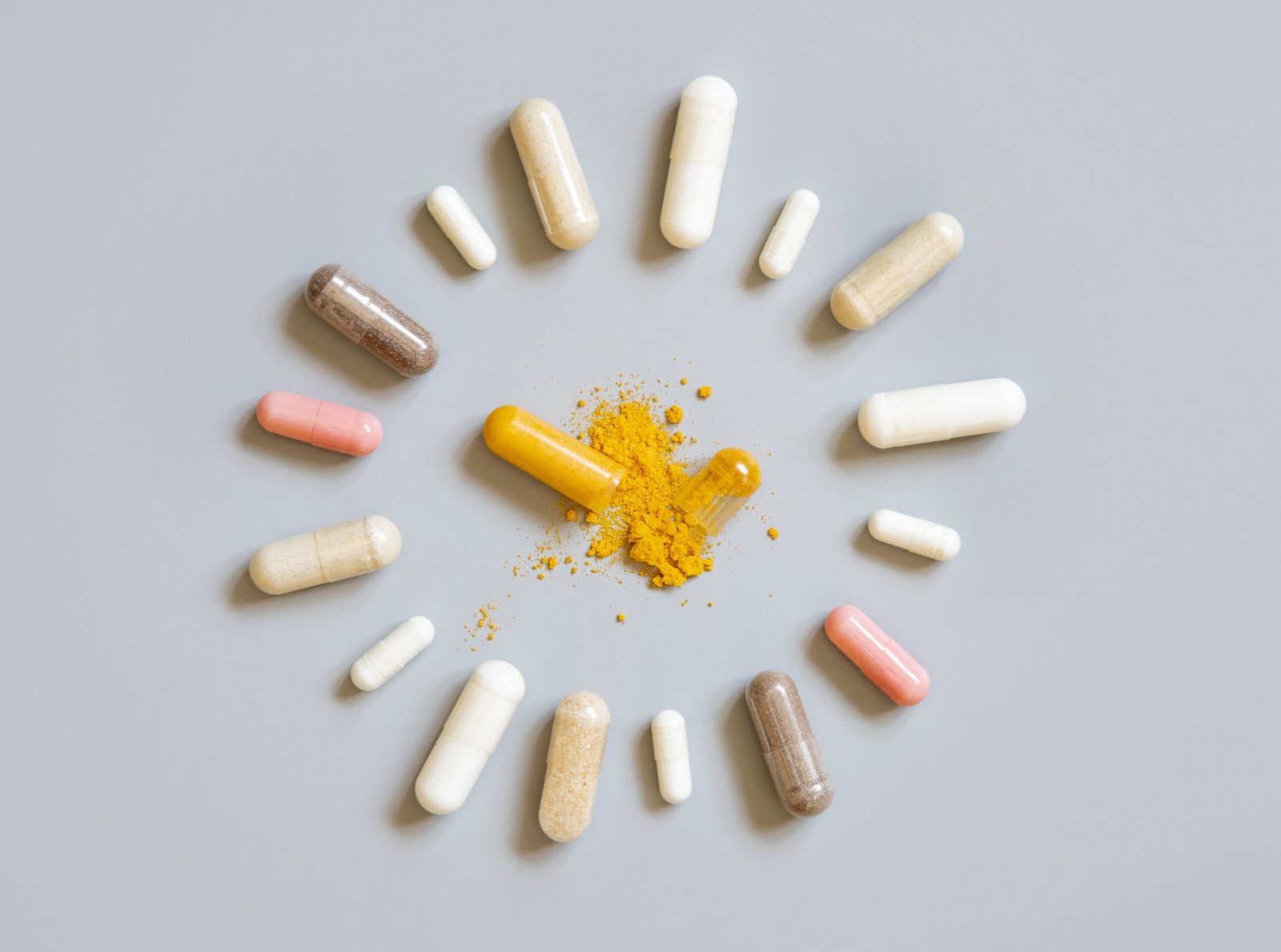Are cherries good for diabetics:

Are Cherries A Suitable Food For Diabetes Patients?
Cherries are among the fruits that can be retained for their potential health benefits. The use of cherries in people with diabetes is well supported by studies. They may be even beneficial in regulating blood sugar levels if included in healthy eating habits.
Diabetes is a medical condition whereby there is an insufficient quantity of insulin produced by the body or the insulin is not put into use appropriately. This can interfere with the sugar levels within the blood leading to difficulties in maintaining them within normal levels.
In this way, packed meals are avoided and sources of carbohydrates are controlled. Portion control and gestation will matter a lot here.
Continue reading to find out about cherries and diabetes further.
Can People Diabetics Use Cherries?
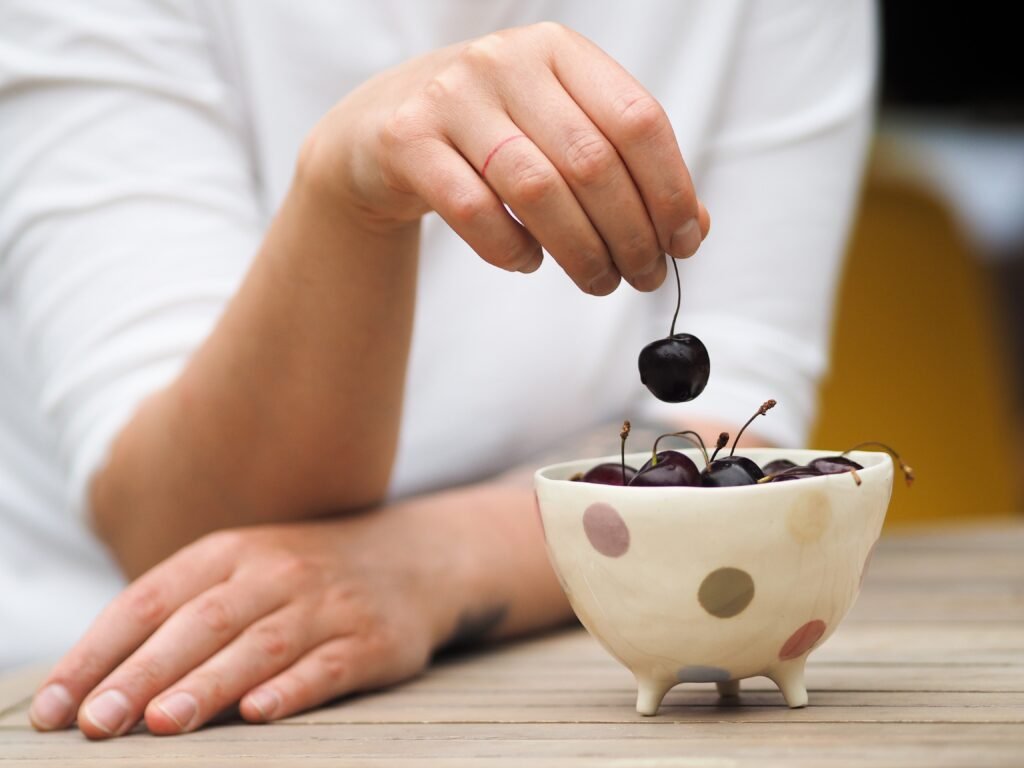
Yes, people suffering from diabetes can relish cherries. The American Diabetic Association suggests using cherries as a healthy fruit if someone is on a low glycemic index diet. This in turn will help in regulating blood sugar levels.
The GI, or Glycemic Index, is an ideal system to classify foods by their immediate effects on blood glucose levels. Foods with low GI simply slow down the release of most of the glucose into the bloodstream. This is beneficial especially for diabetic patients as it cushions them from excessive blood sugar level increase.
Cherries bear a form of low GI. Studies have shown that people with maximum blood sugar levels and following a low carbohydrate diet fare better than those on a high carbohydrate diet.
Benefits of Diabetic Patients with Cherry Consumption:

Cherries are low fat, high in fiber content, and C vitamin. Plenty of vitamin-containing fruits and other health-promoting Tissue fiber Dense foods are wanted. The Centers for Disease Control and Prevention also observes that dietary fiber-dense foods may aid in the prevention or control of Diabetes. That said, dietary fiber is a type of Polysaccharide in fruits such as cherries.
Cherries are furthermore dense in ‘anthocyanins’, which are health-promoting phytonutrients.
Based on a review conducted in 2018 that information is likely to suggest that anthocyanins may impact the rate at which carbohydrates are converted to glucose in the body giving reasons as to why they may help prevent sudden spikes in blood sugars.
It also implies that the consumption of cherries could enhance insulin output. All these benefits propose that consumption of cherries may help in the control of blood sugar levels.
The 2020 review suggests that anthocyanins are helpful in insulin and blood sugar levels among diabetes patients.
An intervention study conducted in 2018 has suggested that cherries help reduce the risk of diabetes by reducing fat accumulation, and body weight, improving glucose and insulin metabolism, and remission of diabetic complications.
- Some of the benefits of health include:
- Improved sleep disorders.
- Cognitive function improvement.
- Alleviating arthritis symptoms.
- Aiding recovery after strenuous workouts.
Diabetes is the amount of high sugar levels in people of any age.
There are different types of it:
Type 1 Diabetes:
It is the most common type of diabetes. Here, either the body does not produce sufficient insulin or the elongation of the body tissues uses insulin optimally (this is characteristic of insulin resistance). This form mainly afflicts adults but also children.
Prediabetes:
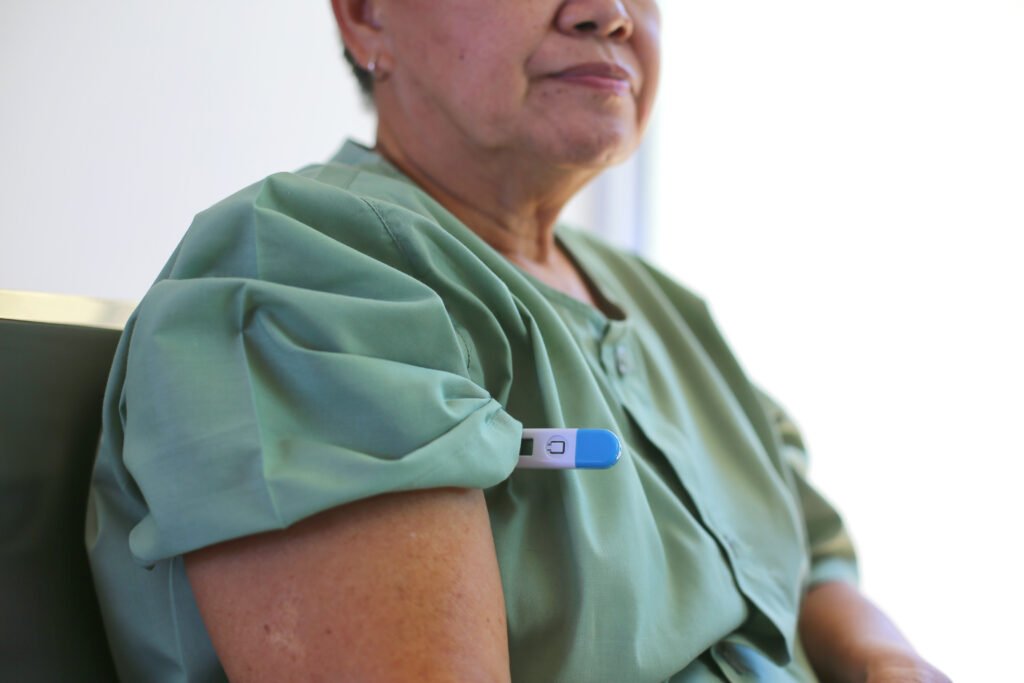
In this state, you have more than normal blood sugars but they are not yet high enough to be termed as diabetes.
Type 2 Diabetes:
This type destroys the cells that harm insulin. This tends to manifest in children and adolescents but can develop at any age.
Gestational Diabetes:

This type usually occurs during the period of conceiving and normally vanishes soon after the child is delivered.
Carbohydrates in Cherries Or Fruits containing Carbohydrates.
Cherries are scrumptious and snack on factors such as nutrients and fiber, which are good for the body as a whole. However, for diabetic patients, there is a limitation on the intake of carbohydrates and sugars.
Classification of Cherries:
Fresh Cherries:

It contains 25 grams of carbohydrates. In a cup of sour cherries, there are about 19 grams. The best way of having the cherry is half a cup and this is true with most people suffering from diabetes. You can test your body’s response to cherries by checking your blood sugar one or two hours after you eat a small amount.
Canned Cherries:

These are usually preserved in juice or syrup filled with sugar and just a cup can contain about 60 grams of carbohydrates.
Maraschino Cherries:

Five of these comprise around too much carbohydrates of about 10 grams.
Possible Side Effects:
Mostly known remedies such as cherry juice should bring about good health. They may, however, be quite a source of side effects to other individuals. It contains salicylates which are a type of acid and can cause adverse effects to certain types of people. Taking in such a large volume might subsequently cause:
- Loose bowel movement
- Swelling of the body
- Excess flatulence
- Pain in abdomen
On top of that cherries can be prepared in different ways such as:
Use them in making fruit salad.

- Sprinkle them onto your oatmeal/cereal for breakfast.
- Treat yourself to them whenever you feel hungry in the daytime.
- Prepare a cherry smoothie for yourself.
It then indicates that the Cherries might be a healthy and delicious fruit for people with diabetes. They contain vitamin C, potassium, and fiber. However, due to their carbohydrate content which may increase blood sugar levels, it is best to limit their intake. Some research has even proved that diabetes and managing blood sugar levels may eventually become much easier. We should thanks to cherries in the future, however, your cherry consumption should currently depend upon your blood sugar level.



